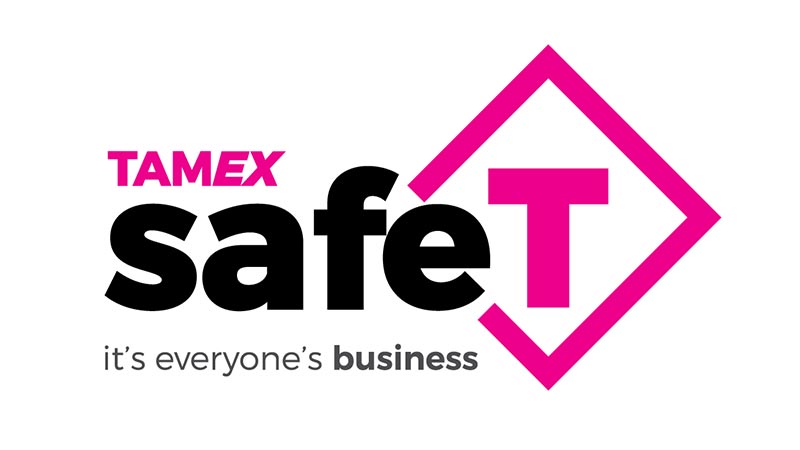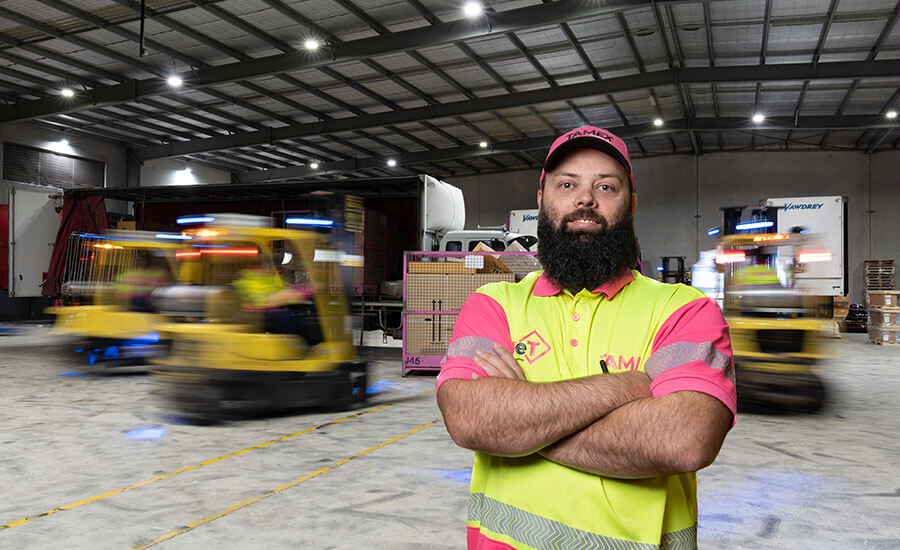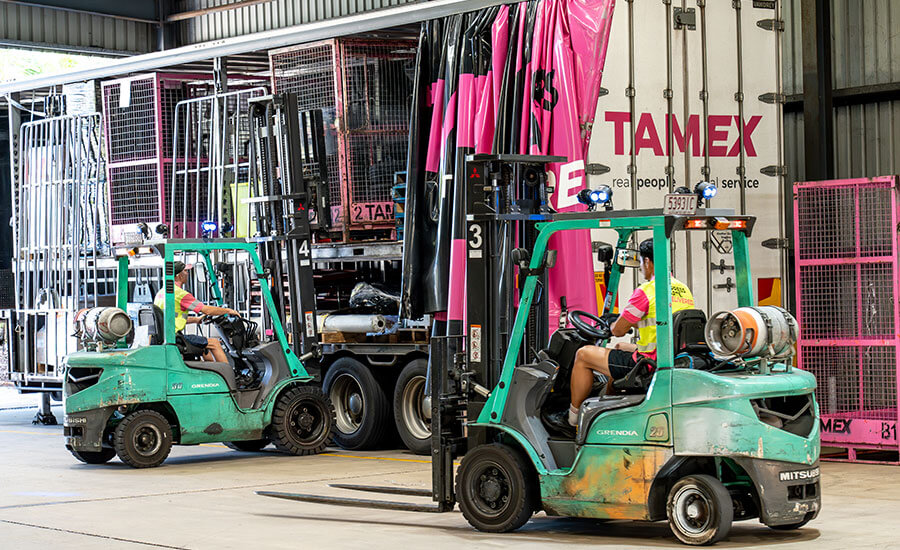Safety

Tamex is an industry leader when it comes to safety.
Our systems and practices are regularly audited by external consultants and customers.
The people and businesses that make up the heavy vehicle supply chain have specific legislative obligations, commonly referred to as the Chain of Responsibility.
Chain of Responsibility laws are closely aligned with Workplace Health and Safety laws, meaning all parties in the chain must participate to reduce safety related risks.

At Tamex, we ensure:
- Workplace health and safety obligations are met.
- Drivers are not fatigued.
- Road rules are obeyed.
- Vehicles are well maintained.
- Freight travels safely.
- Paperwork is in order.
Tamex’s comprehensive safety management system addresses the ‘Big 5’ compliance requirements:
Awareness and Training
Fair Contracts
Executive Reporting
Compliance Monitoring
Policies and Procedures
Supply chain parties can breach Chain of Responsibility obligations in many ways, including:
- Applying business practices or demands that cause a driver to breach fatigue management requirements, or speed limits.
- Failing to weigh, measure or secure loads.
- Setting schedules with unrealistic timeframes.
- Packing goods incorrectly.
- Failing to consult or engage with other parties to ensure safe practices.
- Entering terms in contracts and arrangements that encourage, reward or give incentives to the driver or other parties in the supply chain to breach the law.
Workplace health and safety obligations can also be breached in many ways, including:
- Inadequate traffic management.
- Failing to provide support for remote workers.
- Exposure to dangerous goods and hazardous substances.
- Failing to provide tools equipment and education to minimise manual handing injuries.
- Failing to provide emergency plans at workplaces.
- Failure to provide instructions and training for workers on how to do their work safely.